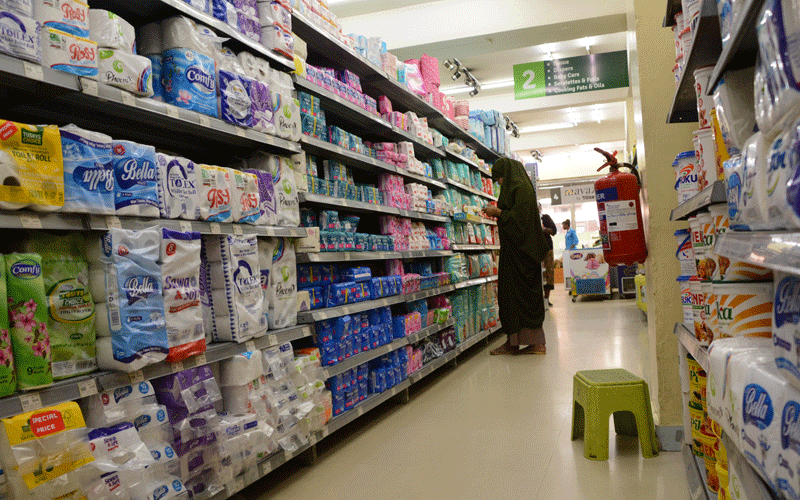Experts say VAT changes to hit ordinary Kenyans hard

Zachary Ochuodho @zachuodho
The amended Value Added Tax (VAT) meant to cushion Kenyans against Covid-19 shocks could increase the cost of basic goods such as maize seeds, bread, and cooking gas.
The Amendment Bill, which was published on March 30, 2020, made sweeping changes in Income Tax Act (CAP 470), the Value Added Tax Act of 2013, the Excise Duty Act (2015), the Tax Procedures Act (2015), Miscellaneous Levies and Fees Act (2016) and the Retirement Benefits Act (1997).
This move would see National Treasury reduce value-added tax (VAT) from 16 per cent to 14 per cent with effect from April 1, so as to lower the shelf prices of basic commodities and cushion consumers, but experts warn that the government could have given with one hand and taken away with the other.
Christopher Kirathe, Partner, Tax, E&Y says items such as bread, the supply of liquefied petroleum gas and inputs or raw materials for the manufacture of electric accumulators and separators will now cost more.
“Items that were previously zero-rated, but are now subject to VAT at 14 per cent include the supply of ordinary bread, the supply of liquefied petroleum gas including propane, inputs or raw materials for the manufacture of electric accumulators and separators,” Kirathe said.
The cost of maize seeds which are used to process maize flour will also soar having previously been taxable at 14 per cent, but are now exempt.
Cost more
According to PFK partner Michael Mburugu, a kilogramme of maize will technically cost more because being VAT exempt means that suppliers will not be able to be refunded for VAT which in essence will see them pass the extra costs to consumers.
“The same applies to ambulance services which were previously taxable, but now exempt. It would be better if they were zero rated,” he said.
Consumers of the specialised equipment for the development and generation of solar and wind energy, tractors other than road tractors for semi-trailers, aircraft tyres and inputs for the manufacture of clean cooking stoves will however benefit.
Other items which will also receive a reprieve include materials, waste residues and by-products, whether or not in the form of pellets and preparations of a kind used in animal feeding.
Kirathe says although the bill was well-intended, it was not looked at with a toothcomb thereby allowing negative issues such those increasing the cost of basic items.
Churchill Ogutu, an analysts with Genghis Capital says since some part of the amendment law which passed will have a negative impact on consumers and advises the legislators to look at it afresh.
The bill has some tight timelines thereby not allowing MPs to scrutinise it thoroughly so as to provide the targeted consumers with real tax relief measures.







